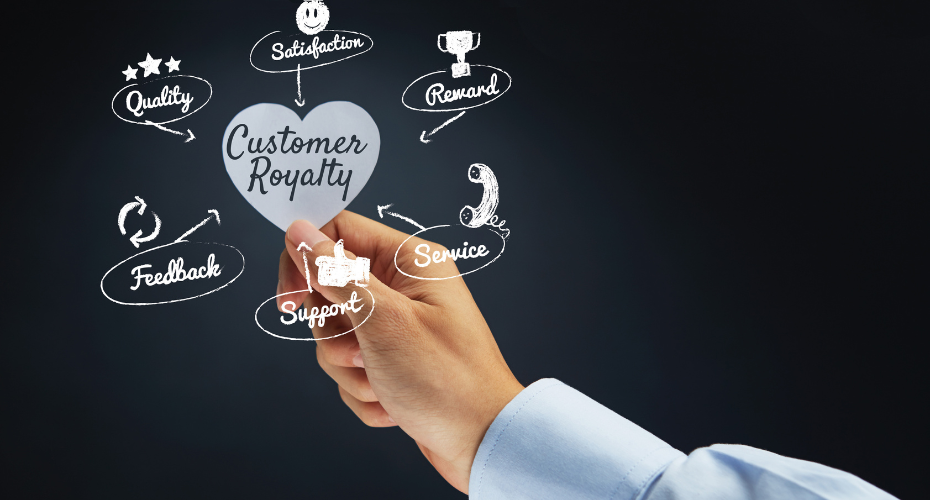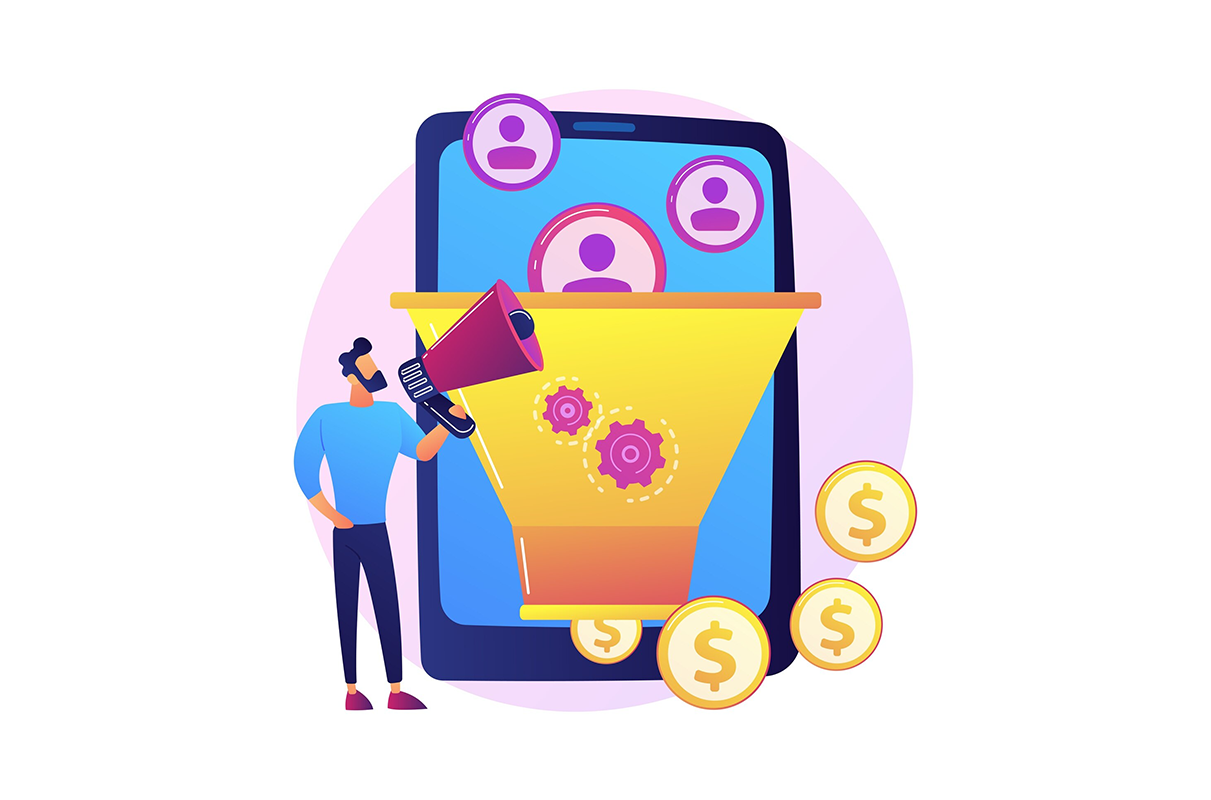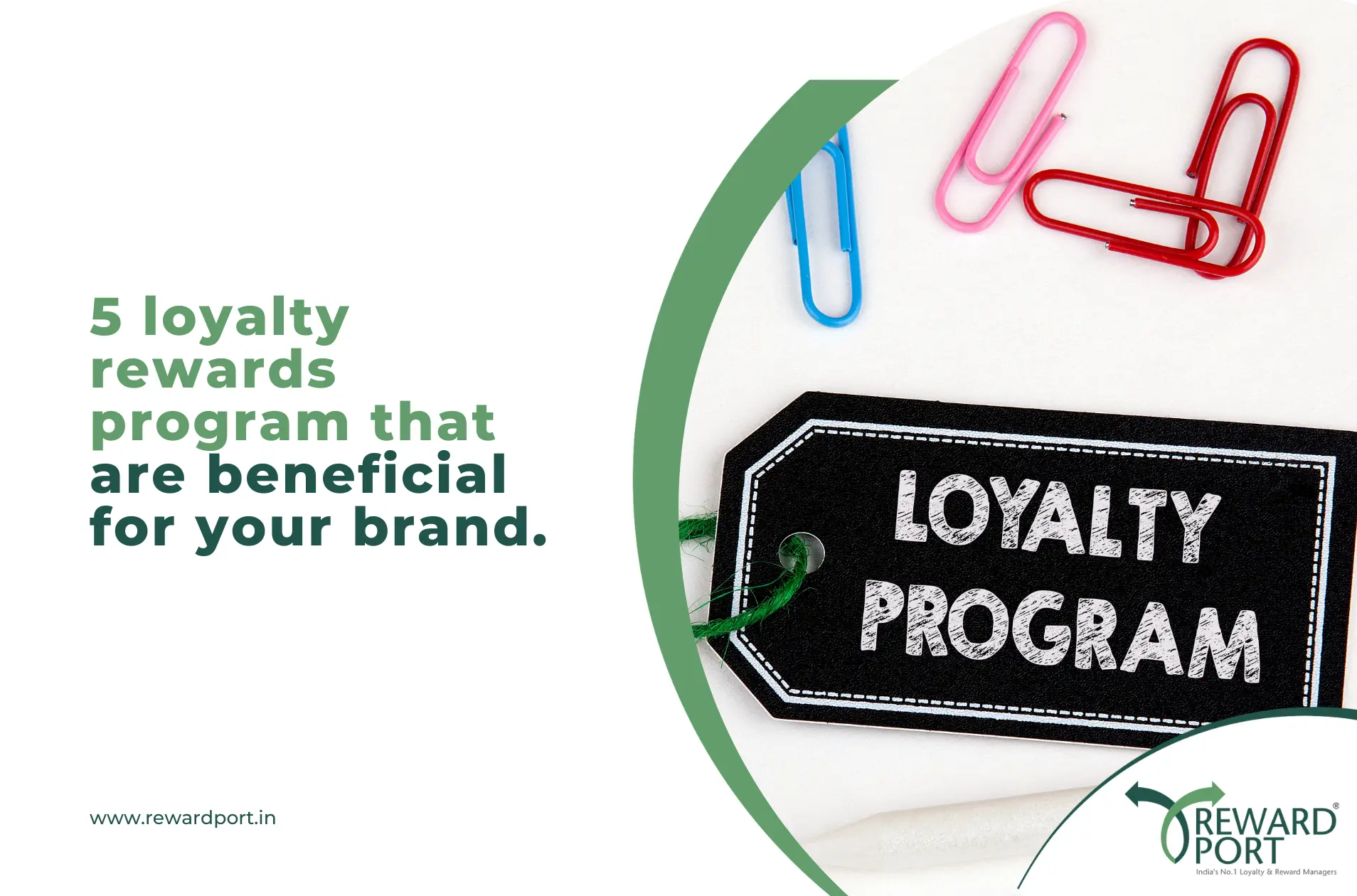We live in a world where new businesses are sprouting up everywhere. The marketplace is crowded, and customers have a plethora of options for every product or service category.
It is no longer sufficient for brands to simply provide a great product or service – modern consumers are far more demanding. They anticipate that businesses will be available to them even after they have made a purchase. Customers purchase more than just the product; they also purchase the experience and associated lifestyle that comes with their purchase.
In such a competitive environment, it is the relationships that brands develop with their customers that distinguish successful businesses from those that fail.

What is Customer Loyalty?
Customer loyalty refers to a relationship between a customer and a brand that extends beyond simple purchasing and selling. It’s all about making an emotional connection with your customers so they keep returning to your brand. A satisfied customer will always prefer you to the competition. They will drive word-of-mouth sales by recommending your products to others, in addition to significantly increasing their lifetime value (CLV) with your brand.
Customer loyalty is classified into two types: transactional loyalty and emotional loyalty.
Transactional loyalty refers to the value that a customer places on your company’s product or service.
Emotional loyalty is much more complex than that. It happens because of consistently providing great experiences to your customers over time. Emotionally loyal customers have a strong connection to your brand and will stick with you regardless of external factors. They will even go out of their way to reward their devotion.
Emotional loyalty is especially important for businesses because it is unconditional and is not influenced by factors such as price or convenience.
What is the significance of customer loyalty?
Customer loyalty refers to the possibility of your brand taking preference in consumers’ decisions while considering similar purchases. This is due to customer satisfaction, which outweighs availability, pricing, and other factors that influence purchasing decisions.
When a customer is committed to a product, service, or brand, they are willing to wait for a restock or pay a little more for it.
Customer loyalty is essential for a variety of reasons. These are the most important:
1. Customers who return spend more than new customers
Existing customers tend to spend more money than new customers because they already trust your company and its products or services. The amount they spend usually increases with the length of time they do business with your brand.
2. Customer loyalty results in higher conversion rates
Existing customers convert at a rate of around 60% to 70%, while new customers convert at a rate of 5% to 20%. In other words, loyal customers who visit your website provide more value.
3. Customer loyalty increases profits
The higher your customer loyalty, the higher your profits. Just a 5% increase in customer retention could boost business profits by 25% to 95%.
4. Customer retention costs less than acquiring new customers
While acquiring new customers is important, it can be costly – roughly five times more expensive than retaining existing ones. Retaining loyal customers is far more cost-effective, as they generate higher profits at a lower cost.
5. Customers who are regular shoppers
Repeat customers shop much more frequently than new customers because they’ve already had positive experiences with your brand. This is especially true during the holidays when consumers buy gifts and spend more than they normally would throughout the year.
6. Customer loyalty allows you to plan time
When you have loyal customers, you can make better anticipatory decisions and plan your finances and marketing efforts more effectively.
Tips to Ensure Customer Loyalty
Customer loyalty is not something that happens by accident. Here are some important tips to be followed for increasing customer loyalty:
1. Understand your customers (and let them know you)
You should get personal with your customers if you want to cultivate customer loyalty. Learn their names, stories, and purchasing habits. Treat each one as an individual, not just another paying customer.
For example, on a customer’s birthday, you could send them a personalized birthday message along with a discount. You should also send them emails that you know will be of particular interest to them.
2. Set up a customer loyalty program
A customer loyalty program is an excellent way to reward and encourage loyal customers. These programs typically have reward criteria (for example, the customer must spend X amount per month), but the benefits to the customer usually outweigh these requirements.
Customer loyalty programs come in a variety of forms, including credit card programs, punch cards, and point systems. They all have one thing in common: they all provide an incentive for customers to spend more money on your products or services.
3. Create a referral program
A referral program, like a loyalty program, rewards customers for their involvement with a business. Customers receive certain benefits in this case if they refer your company to a friend or loved one. This not only attracts new customers (referral marketing is both effective and inexpensive!), but it also keeps your existing customers coming back for more because they now have incentives to do business with you.
4. Use your strengths and values to your advantage
What does your company excel at? What distinguishes your services? What is the most important thing to you? Your responses to these questions will assist you in framing your brand, which is essential for attracting loyal customers.
To truly connect with buyers, you must stay true to your brand and focus on your strengths. Be a market constant – a company that customers can always count on to deliver.
“Don’t fix what isn’t broken,” as the saying goes. Don’t change your offerings or become unrecognizable as a brand unless you’re having trouble attracting and retaining customers. Instead, be as committed to your company as you would like your customers to be.
5. Use social media to interact with customers
Social media is a great way to broadcast directly to customers, prospects, and the public. Many consumers will perceive you as irrelevant if you are not present on social media. It is critical to maintaining an active business profile across multiple social media platforms.
Sharing behind-the-scenes information about your brand and products or services, as well as interacting with your followers, will help you build a strong online community that will entice customers to return for more.
Consider the companies with whom you frequently do business and how they conduct themselves on social media: Do their posts reach their intended audience? Is their brand voice consistent with their values and products? Do they genuinely interact with their followers? You most likely answered yes to these questions.
6. Encourage feedback from customers
Request feedback from your customers to demonstrate your appreciation and willingness to constantly improve. Send out surveys, solicit email reviews, and be open to feedback. Customers are more likely to invest in companies that value their feedback and insights.
Don’t just say you care about customer satisfaction; actually, implement it and market it to them as proof of your commitment. You must first be loyal to them to cultivate their loyalty.
7. Save customer information
Businesses that save customer data make it easier for customers to return in the future. You could, for example, allow members to create an account on your mobile app or website, which securely stores their shipping and payment information for a quick purchase.
As a result, they have a one-touch ordering solution rather than having to re-enter their credit card number every time they want to make a transaction.
RewardPort’s Bespoke Solutions
The key to customer loyalty is to respect them as individuals and to demonstrate that respect in your interactions with them. If you adhere to that philosophy, your customers will reward you with their loyalty. The greatest challenge is to run custom campaigns targeting a significant chunk (or the most influential) of your customers.
RewardPort is a business consultant with expertise in designing, executing, and implementing bespoke customer loyalty solutions. We can bring in the best practices and decades of learning experience to assist you in nurturing loyal customers for many years to come.





